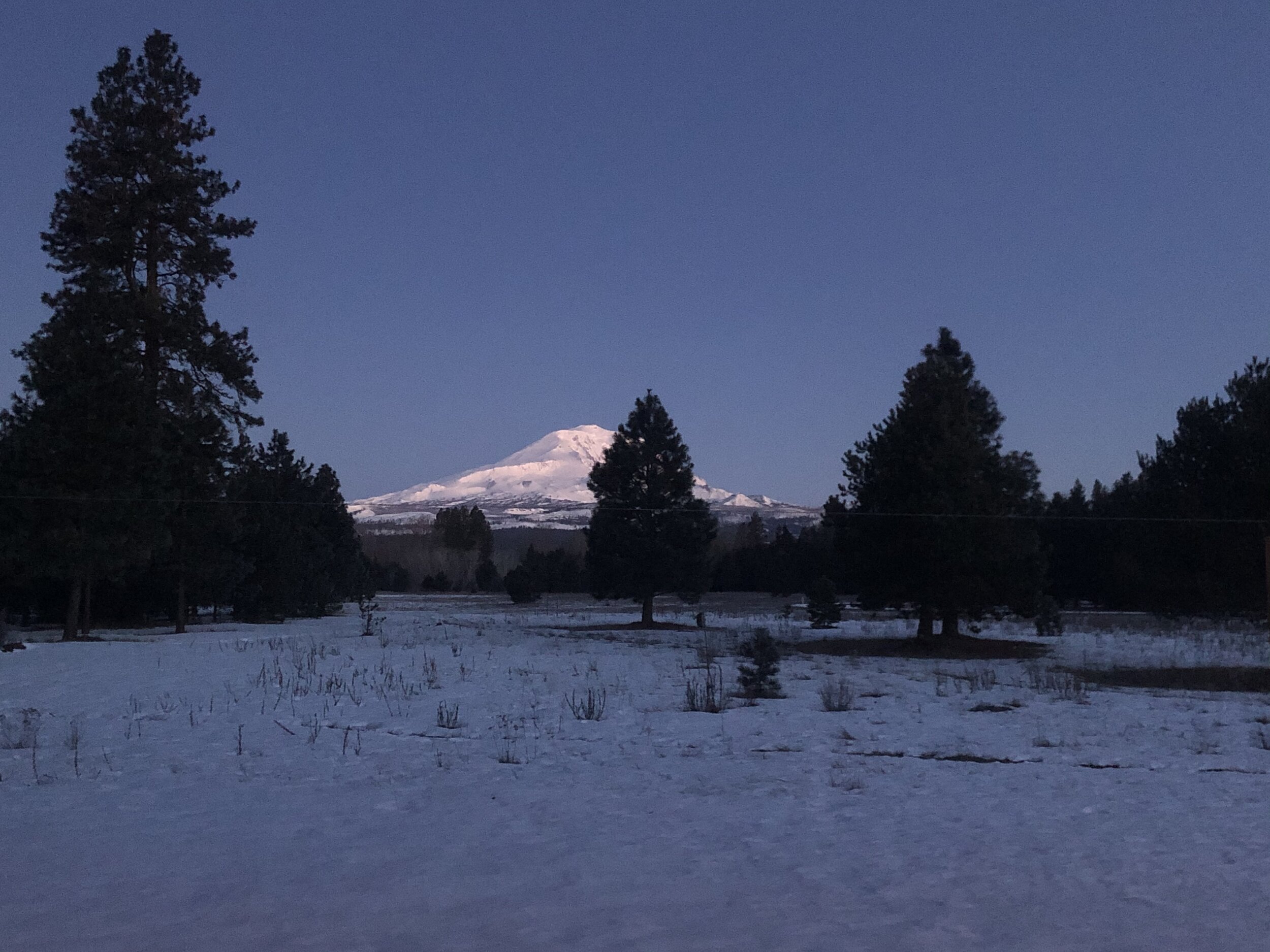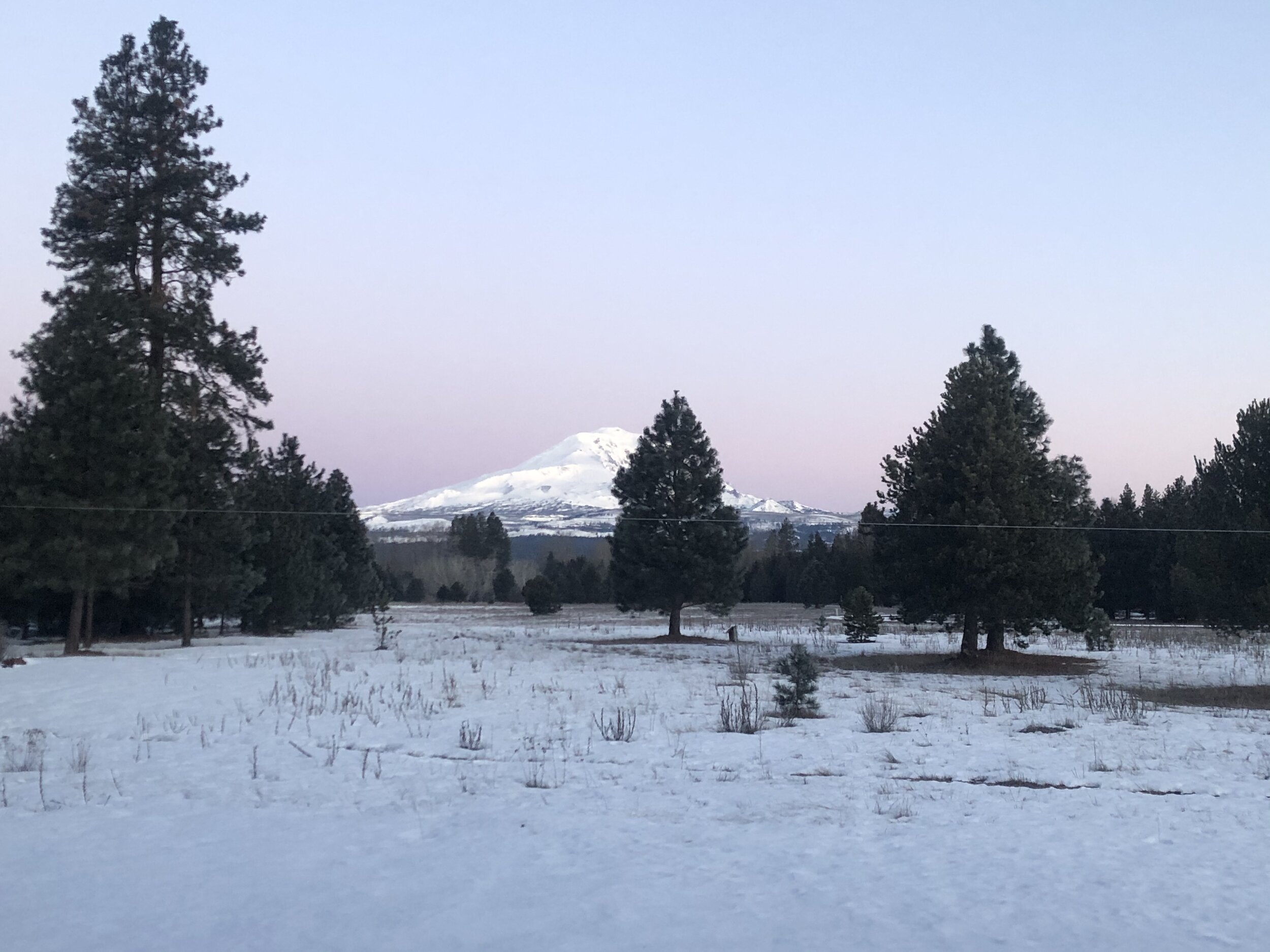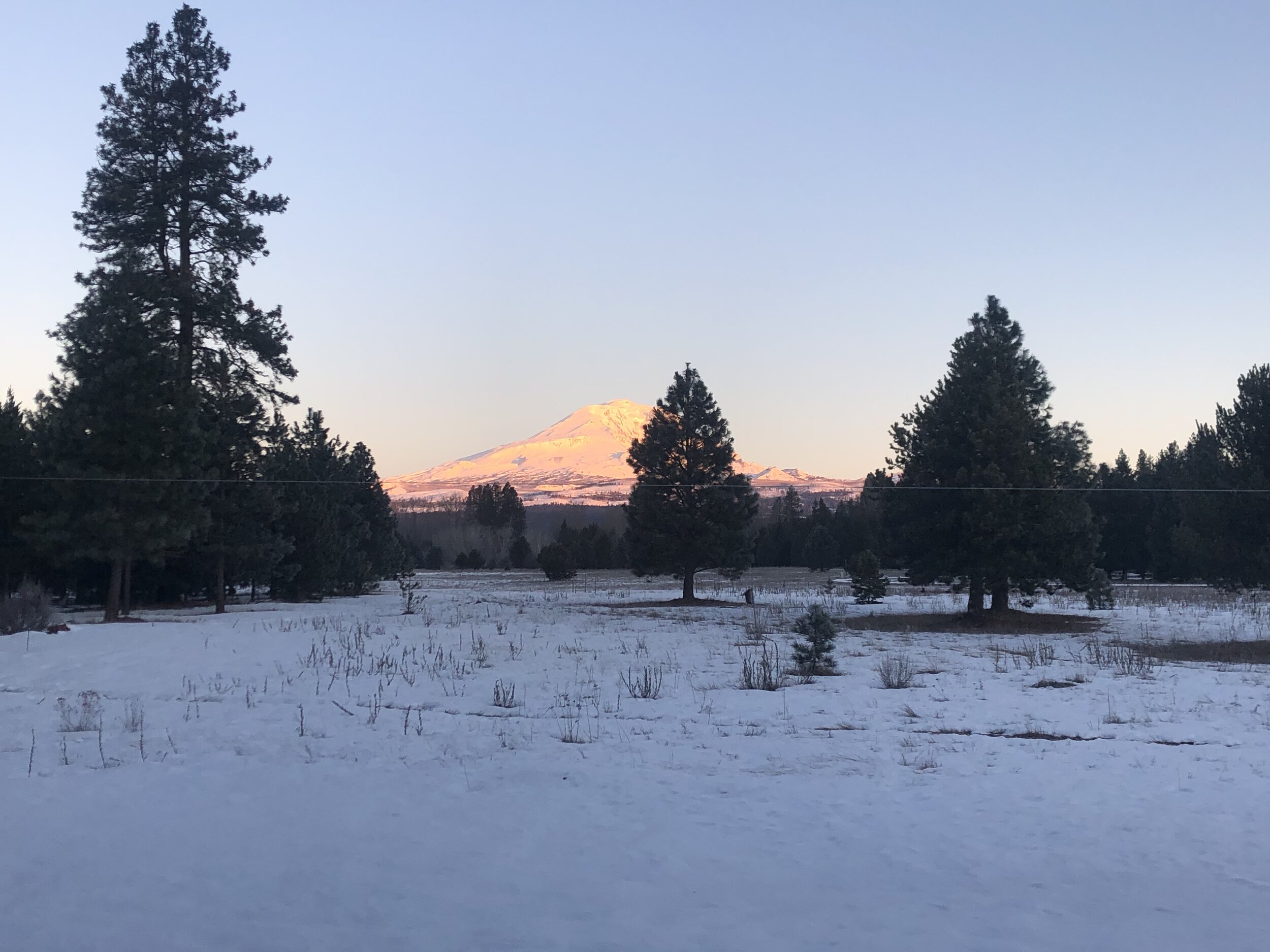One Friday afternoon in February I sat down to watch a virtual keynote I’d recently delivered to a live leadership development event. While the message was good, my delivery was anything but. I certainly wouldn’t have been inspired by me if I was watching me. Granted, it was the day after the sudden death of my brother, and I knew I could give myself a pass for that. But even still. The energy, juice and mojo that usually characterize my work were missing. Were they gone for good? Could I get them back? Was I losing my relevance?
The following Monday I wrote an email to two friends about the experience of watching myself in sub-par action. The three of us have had a standing monthly virtual meeting for several years now, and together have created a safe space where we can show up in whatever state we find ourselves. Once I started my email to them, the words wouldn’t stop. Lump in my throat, I uncovered a fear that has been lurking inside for some time, and the longer it lurks, the stronger its grip.
Re-reading what I had written, it felt so raw, so real, and so exposed, that I was tempted to hit delete.
I hit send instead.
“As much as I believe in the beauty of aging, and the importance of doing everything I can to be the very best, most vibrant, strong, wholehearted, and attractive me possible, and of being an example of what real aging looks like to my daughters and the world at large, it is a lot easier said than done when it's me staring back at me.”
Both friends got back to me in short order. Not with words about why I shouldn’t feel that way, or to boost my confidence, but with gratitude for having told the truth, and inviting a conversation they were eager to have and in need of themselves.
Putting my experience into words and sharing them loosened fear’s grip, and paved the way for me to find a new interpretation of an old story. Rather than sliding into irrelevance with each new trip around the sun, I am being invited to step into my role as a teacher of the well and hard earned wisdom collected along my way. I can even say that I’m (mostly) looking forward to bringing my communication skills to a new kind of stage.
As it turned out, after watching the video, one of those same friends left me a voice mail that brought us both to tears. While my message might not have been delivered in the visual way I would have wished, she said that she couldn’t take notes fast enough on what I’d shared, and it paved her way for a new interpretation of an old story too.
That’s what happens when we tell the truth.
What happens is that we find out that we are not alone.
What happens is that we give other people permission to tell the truth too.
What happens is that we start a conversation where it is safe to tell the truth, which in the long run, is the only kind of conversation worth having.
Ours is an if-you-show-me-yours maybe I-will-show-you-mine kind of culture. It simply feels too risky to go first, and so usually, no one does. Better safe, isolated with our own fear, pain and insecurity, than risk being sorry to have shared them at all. It’s a vicious cycle. One that can only be broken when someone dares to go first.












